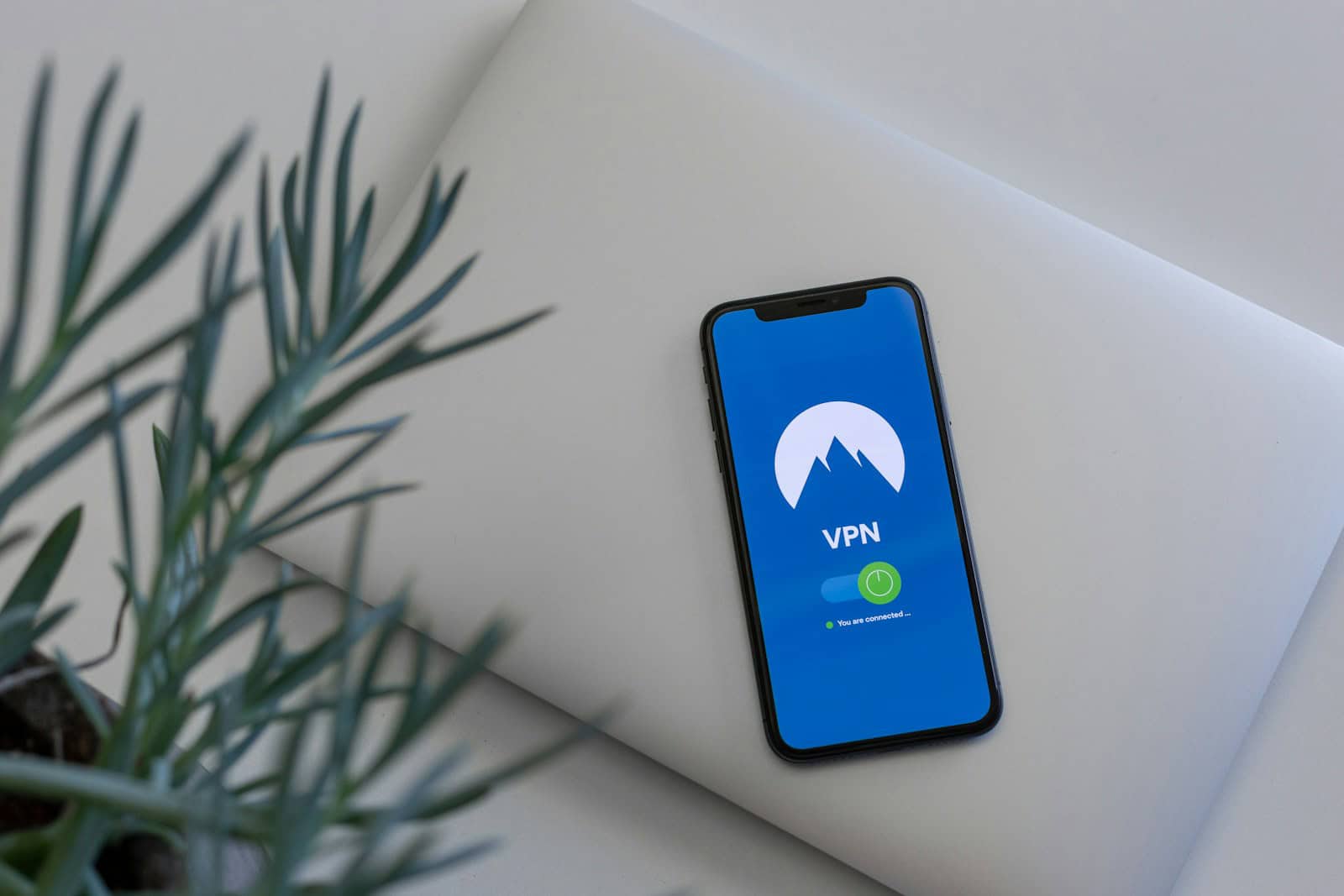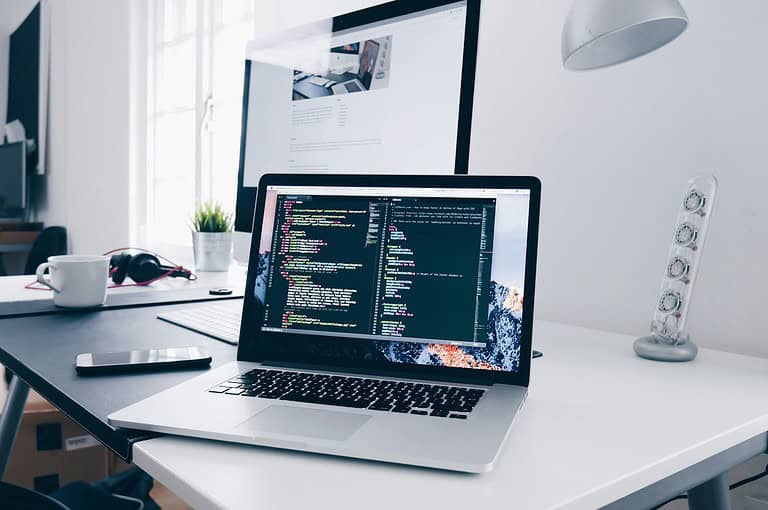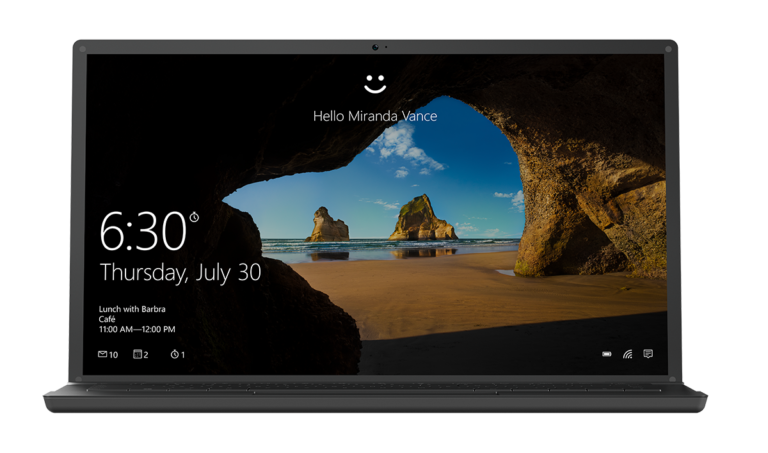
Understanding how a Virtual Private Network (VPN) works can seem complex at first. A VPN works by redirecting your internet traffic through a secure, encrypted tunnel to protect your online privacy and keep your data safe. When you use a VPN, your device connects to a server run by the VPN service, and your internet traffic is routed through this server. This process encrypts your data, hiding it from potential spies and hackers.
Using a VPN also hides your IP address, making it appear as though you are browsing from a different location. This can help you access content that may be restricted in your region. For example, a person in one country can use a VPN to appear as though they are in another country, thereby accessing websites or services that might be blocked in their actual location.
The encryption used by VPNs ensures that even if your data is intercepted, it cannot be read or misused. This makes VPNs essential tools for privacy and security online, particularly when using public Wi-Fi networks which are often less secure.
Unmasking the Mystery: A Simplified Look at VPNs
A Virtual Private Network, or VPN, is like a secret tunnel for your internet traffic. It creates a secure connection between your device (like a computer or phone) and the internet. This tunnel masks your IP address, making it seem like you’re browsing from a different location, and encrypts your data, making it unreadable to prying eyes.
The VPN Process: A Step-by-Step Guide
- Connection: When you connect to a VPN, your device establishes a secure link with a VPN server. This server can be located anywhere in the world.
- Encryption: Your data is scrambled into an unreadable format before it leaves your device. This is done using encryption protocols like OpenVPN or WireGuard.
- Tunneling: The encrypted data travels through the secure tunnel to the VPN server. This tunnel protects your data from being intercepted by hackers or your internet service provider.
- Decryption: The VPN server decrypts your data and sends it to the website or service you’re trying to access.
- Response: The website’s response travels back through the encrypted tunnel to the VPN server, where it’s decrypted and sent back to your device.
Benefits of Using a VPN
- Enhanced privacy: VPNs hide your IP address and encrypt your data, making it difficult for others to track your online activities.
- Improved security: The encryption provided by VPNs protects your data from hackers, especially when using public Wi-Fi networks.
- Access to geo-restricted content: VPNs can make it seem like you’re browsing from a different country, allowing you to access content that may be blocked in your region.
- Bypassing censorship: In some countries, governments restrict access to certain websites or services. VPNs can help you bypass these restrictions and access the open internet.
Choosing the Right VPN
| Factor | Description |
|---|---|
| Security features: | Look for VPNs that offer strong encryption protocols and additional security features like a kill switch, which cuts off your internet connection if the VPN connection drops. |
| Server locations: | Choose a VPN with servers in the locations you need to access. The more server locations, the more options you have for bypassing geo-restrictions. |
| Speed and performance: | A good VPN should not significantly slow down your internet connection. Look for VPNs that offer fast speeds and unlimited bandwidth. |
| Logging policy: | A no-logs policy means the VPN provider does not store any information about your online activities. This is important for privacy. |
| Price and customer support: | Consider your budget and the level of customer support you need when choosing a VPN. Some VPNs offer free trials or money-back guarantees. |
A VPN is a powerful tool for protecting your online privacy and security. By understanding how VPNs work and choosing the right one for your needs, you can browse the internet with confidence and peace of mind.
Key Takeaways
- A VPN secures your internet traffic by encrypting it.
- Using a VPN hides your IP address and allows access to content in different regions.
- VPNs are essential for maintaining privacy and security online.
Understanding VPNs and Their Role in Online Privacy
Virtual Private Networks (VPNs) play a key role in ensuring online privacy and security. They hide users’ IP addresses and encrypt their data, shielding their online activities from third parties.
The Fundamentals of VPN Technology
VPNs create a secure connection between a user’s device and a VPN server. This connection is called a VPN tunnel. The user’s internet traffic goes through this encrypted tunnel, making it unreadable to anyone outside. Internet Service Providers (ISPs), hackers, and other third parties cannot see the data being transmitted.
VPNs use various encryption protocols like IPSec and OpenVPN to secure data. These protocols ensure that only intended recipients can read the information sent. VPNs also mask the user’s IP address by routing the traffic through their servers, providing anonymity online.
How VPNs Maintain Privacy and Security
VPNs enhance privacy by hiding the user’s real IP address. Instead, websites see the IP address of the VPN server. This process makes it hard to track the user’s online behavior. By encrypting data, VPNs prevent sensitive information like passwords from being intercepted on public Wi-Fi networks.
VPNs also help avoid censorship and geo-restrictions. By connecting to a VPN server in another country, users can access content that is otherwise unavailable in their location. This feature is particularly useful for streaming services like Netflix and Hulu.
Types of VPNs and Protocols Explained
There are different types of VPNs, each suited to different needs. Remote Access VPNs allow individual users to connect to a private network remotely. Site-to-Site VPNs are used to connect entire networks from different locations.
Several VPN protocols ensure data security. PPTP is one of the oldest protocols but is less secure. L2TP/IPSec offers better security by combining two protocols. OpenVPN is highly secure and widely used in commercial VPN services like NordVPN. WireGuard is a modern, fast protocol that uses advanced cryptography for enhanced security.
By understanding these VPN types and protocols, users can make informed choices to protect their online activity and privacy effectively.
Practical Applications and Legal Considerations for VPN Use
VPNs offer various benefits for different online activities and have distinct legal considerations depending on the region. This section covers the key aspects one should be aware of when using a VPN.
Choosing the Right VPN Provider
Selecting the best VPN provider is crucial for ensuring privacy and security. Look for providers with a no-logs policy. This policy ensures that your browsing data and personal information are not stored.
A VPN should have a kill switch. This tool disconnects you from the internet if the VPN connection drops. It prevents your data from being exposed inadvertently.
Consider reputable services like ExpressVPN or Surfshark. They offer strong encryption and reliable servers. Make sure the VPN client supports multiple devices like smartphones, tablets, and computers.
VPN Usage in Different Regions and Legal Implications
VPNs are legal in many countries. However, some regions restrict or ban their use. In China, VPNs are heavily regulated. Only government-approved services are allowed. Using an unauthorized VPN can result in fines.
In Russia, similar restrictions apply. The government blocks non-compliant VPN providers. Make sure to check local laws before using a VPN.
In countries like North Korea and Belarus, VPNs are completely illegal. Always research the legal landscape of VPN usage in your country.
Maximizing VPN Benefits for Various Online Activities
A VPN can provide many advantages. For streaming services like Netflix, it helps bypass geo-restrictions. This means access to content available in other countries.
For online privacy, a VPN hides your IP address from ISPs and advertisers. This keeps your browsing history and sensitive information secure.
When using public Wi-Fi, a VPN encrypts your connection. This protects your data from third parties and potential malware.
For remote work, Site-to-Site VPNs are useful. They allow secure access to company networks from remote locations.
For activities like torrenting, a VPN can mask your IP address. This helps in avoiding bandwidth throttling by ISPs. Make sure to choose a VPN that supports P2P protocols.
By understanding these applications and legal considerations, users can make informed decisions about VPN use.
Frequently Asked Questions
VPNs can be quite helpful for securing online activities and enhancing privacy. Below are some specific questions about how VPNs work and their benefits.
What are the steps involved in the functioning of a VPN?
A VPN routes your internet traffic through a secure server. First, your device connects to the VPN server. Then, it encrypts your data, making it hard to read by others. The server then sends your data to its final destination on the internet.
What are the benefits of using a VPN on a mobile device?
Using a VPN on a mobile device ensures your online activities are private. It protects your data when you use public WiFi networks. Additionally, it can help you access content that might be restricted in your area.
How does a VPN enhance my streaming experience?
A VPN can prevent your internet service provider from throttling your connection. This means you can stream videos without buffering. It also helps you access content from different regions by changing your virtual location.
Can my online activities be monitored when I am connected to a VPN?
When connected to a VPN, your online activities are much harder to monitor. Your internet service provider, hackers, and other entities cannot easily see what you are doing. The encryption keeps your data private and secure.
In what ways does a VPN interact with a WiFi network?
A VPN can secure your connection even over public WiFi. It encrypts the data you send over the network, keeping it private. This means that using a VPN can protect your information when using any WiFi network, be it at home or in public places.
Why is a VPN necessary for internet privacy and security?
A VPN is crucial for keeping your online activities private and secure. It encrypts your data, making it difficult for others to intercept and read. By masking your IP address, it also protects your identity and keeps your browsing habits private.


